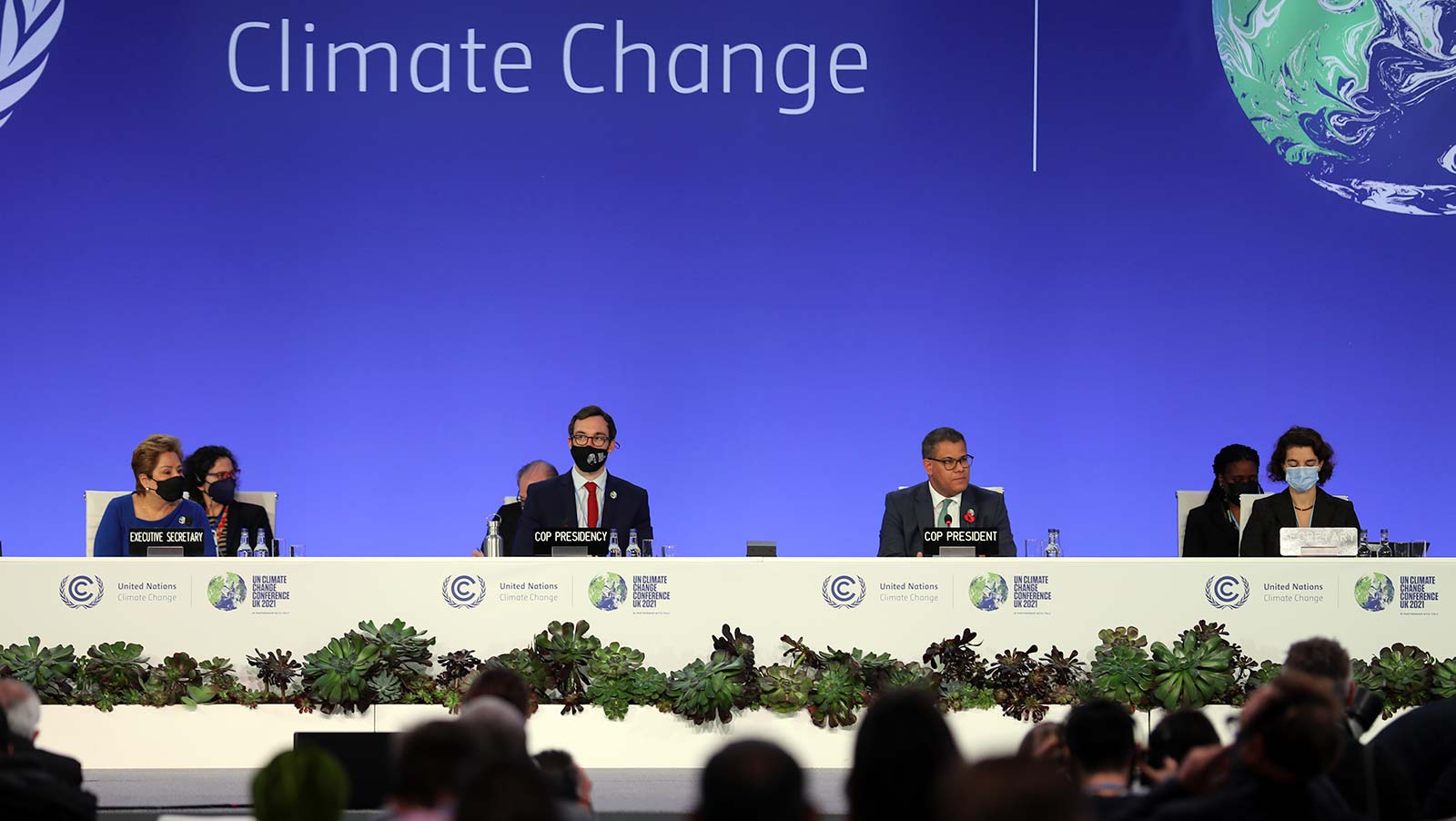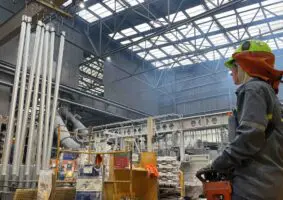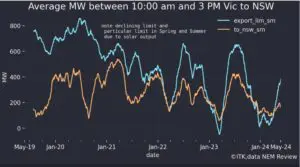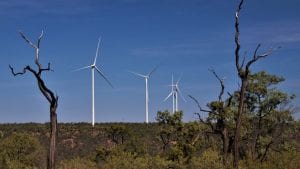The positive sentiment in response to COP26 has begun to flow through the international carbon market, with agreements on rules for cross-border cooperation triggering record high prices in both compliance and voluntary markets – particularly for higher-end nature based offsets.
While not directly impacted by the COP26 outcomes, the Australian carbon market continued its recent climb, inching closer to $40/t as tight supply and increasing momentum continues to support prices. The forward price has already hit that milestone.
RepuTex’s Australian Carbon Credit Unit (ACCU) spot price assessment has now grown 138% year-to-date, with current price support likely to persist, even as new supply enters the market.
ACCU forward price hits $40/t as spot price inches closer
The ACCU spot price continued its record run climbing 6% to $39.25/t over the fortnight, a new record high, just shy of the $40/t barrier. RepuTex’s ACCU spot price assessment has now grown 138% calendar year-to-date from $16.52/t at the start of January.
A number of forward trades were recorded over the period, with Feb-22 (CAL 21) price rising to $40/t for the first time, while Feb-23 (CAL 22) prices remained flat at $27/t with no trades recorded since mid-September, at which point the ACCU spot price sat at around $25/t.
In line with earlier updates, the spot market remains constrained by the low availability of uncontracted supply, attributed to increasing demand for large offtake contracting directly between carbon project developers and high emitting / investor buyers.
While the tight supply setting is expected to persist, we continue to anticipate an uptick in issuance over the December quarter. This is likely to do little to temper spot prices, however, with positive momentum and the tight supply setting likely to persist.
ACCU issuance surpasses 103 million
While the Regulator is yet to provide its latest update to the ERF register of projects, twelve new projects were registered over the past fortnight, 11 attributed to soil carbon methods in South Australia via Agriprove, while the first Carbon Capture and Storage (CCS) project was registered by Beach Energy and Santos.
Some 358,444 ACCUs were issued over the period, taking total ACCU issuance beyond 103 million – reaching 103,284,799. 6.15 million ACCUs have now been issued in FY22. The bulk of this supply remains contracted under ERF fixed delivery contracts, or via direct offtake.
Just under half a million offsets were voluntarily cancelled over the period (463,165), with 96% in the form of Certified Emissions Reductions (CERs) and the balance in the form of ACCUs (16,623). 10.75 million offsets have now been voluntarily surrendered in CY21, a 68% increase on CY20 (6.4 million) – with 93% of all cancellations over CY21 in the form of CERs.
International prices take flight in response to COP26
Six years after the initial adoption of the Paris Climate Agreement, the 26th Conference of the Parties (COP26) finally agreed on rules for cross-border cooperation via international carbon markets under Article 6. For a summary of the key outcomes of the Article 6 negotiations, and implications for the Australian carbon offset market, click here.
Positive sentiment in response to agreement on the Article 6 rulebook has begun to flow through the international voluntary and compliance markets, with prices surging to record highs, particularly for higher end nature-based sequestration and removal projects.
CORSIA-grade voluntary emissions reduction prices continued their recent resurgence, with CBL’s GEO contract growing to US$8.85/t at the end of the week, a new high. Prices for CBL’s Nature-Based GEO surged beyond $13/t, driven largely by increasing speculator interest and growing demand for higher end nature based offsets.
This dynamic also impacted Category 1 prices (derived from ClearBlue Markets) for international carbon removal/sequestration projects, which grew to $8.63/t, while Category 2 prices for energy efficiency grew to $6.79. The availability of higher quality projects from Africa and Asia saw Category 3 prices trend up slightly from recent lows, reaching $3.19/t. To view a full breakdown of international voluntary prices click here.
In Europe, the price of European Union Allowances (EUAs) continues to surge, rising to a record high of €71.21 (A$110) intraday, before settling at €69.91 (A$109), the sixth consecutive day of record high prices.
The latest gains are largely being fuelled by increasing investor participation, gas prices, and the market response to COP26.
While the direct implications of COP26 for the EU ETS are limited, the outcomes at Glasgow have led to positive sentiment, supported by broader expectations for higher carbon prices to encourage industry to invest in cleaner technologies such as hydrogen or renewables.
RepuTex’s Australian Carbon Market Offset Report provides a snapshot of current activity in the Australian and international voluntary carbon markets, including spot and forward price dynamics, offset issuance and voluntary cancellations. Analysis considers Australian Carbon Credit Units (ACCUs) and voluntary offsets across key international registries including Verra, Gold Standard, the American Carbon Registry, and the Climate Action Reserve. The Report is published under RepuTex’s Australian carbon market service.










